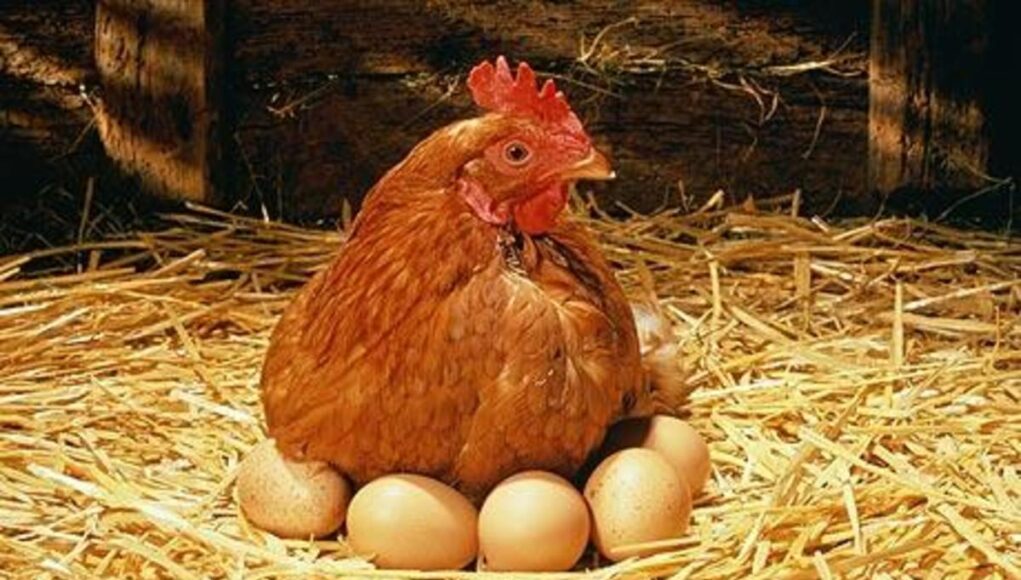Raising hens, especially for beginners, comes with a flurry of questions. One of the most common questions revolves around when do hens start laying eggs. Understanding the egg-laying timeline is vital for harnessing the full potential of raising poultry. A hen’s commencement to egg-laying isn’t merely a predictable phase, but a journey through growth, nutrition, and care.
The fascinating process whereby hens start to lay eggs can bring excitement, especially for first-time poultry farmers who eagerly anticipate fresh eggs daily. Knowing the precise timeline can help manage expectations and create the ideal environment for hens to thrive.

Understanding Hen Maturity and Egg-laying Timeline
The point at which hens start laying eggs varies significantly but generally can be anticipated between 18 to 24 weeks of age. Various factors play into when a hen begins laying, from the breed of hen to environmental factors, and even the nutrition provided to them throughout their growth phase.
Breed Variations
Not all hens mature at the same rate. For example, certain hardy breeds begin egg laying earlier while others may take longer. It’s essential to consider the breed when estimating the hen’s egg-laying start. Specific breeds like the Leghorn are known for early egg production.
Nutritional Needs
Proper nutrition is crucial for the development of hens, especially during the critical weeks leading up to egg production. A diet enriched with calcium and proteins is essential as it supports egg formation and the laying process. For more on the ideal diet for laying hens, visit our detailed care tips.
Environmental Factors Influencing Egg Production
Hens require a well-optimized environment to thrive. This not only means a clean and safe living space but also one that provides adequate light and warmth. The duration of daylight directly impacts hens’ laying cycles, which is why many farmers use artificial light to increase egg production in shorter daylight months.
Importance of Light
Light exposure is integral to egg-laying in hens, with at least 14 to 16 hours of light needed to stimulate the laying cycle. If interested in seeing how daylight affects egg production, explore our insights into healthy laying hens.
Temperature and Housing
Extreme temperatures can inhibit egg production. A hen’s cage must be properly ventilated to ensure comfort and productivity. Proper housing ensures protection against predators and environmental stressors.
Signs Your Hen is Ready to Lay
Knowing when your hens are about to start laying involves watching for certain physiological and behavioral changes. These signs include reddening of the comb and wattles, squatting behavior, and frequent visits to the nesting area. Check our article on signs of a healthy hen to further explore these behaviors.
Importance of Shelter and Nesting Boxes
A comfortable and secure nesting area encourages hens to lay eggs consistently. Nesting boxes should be filled with clean straw and positioned in a quiet, dark area of the coop to give hens the privacy and comfort they need for laying.
Providing the right environment can mean the difference between a stressed hen and a productive egg layer. An ideal nesting space can foster good laying habits.
Nutritional Supplements for Better Egg Production
Consistency in nutrition is key for high yielding egg production. Providing a balanced diet with the needed nutritional supplements can greatly influence the regularity and quality of eggs laid. For an enriched diet, calcium supplements, like crushed oyster shell, are often recommended.
How to Improve Egg Quality
Egg quality, including shell integrity and yolk color, is directly linked to the hen’s diet and health. To enhance these qualities, incorporating vitamin-rich feeds and ensuring hens have constant access to fresh water is crucial.
Why Hens Stop Laying and Solutions
Several factors can interrupt a hens egg production, such as molting, stress, or inadequate nutrition. Understanding these factors can help in diagnosing the situation and applying the right solutions. For a more in-depth look, check out why your chicken may have stopped laying eggs.
Ensuring Year-Round Egg Production
By managing light exposure, ensuring proper nutrition, and maintaining health through regular vet visits, hens can be encouraged to lay eggs consistently throughout the year, despite natural hurdles like molting.
FAQs
What age do hens typically start laying eggs?
Most hens start laying at around 18 to 24 weeks of age. Variations can depend on breed and environment.
What are the signs that a hen is ready to lay?
Some signs include reddening of combs and wattles, nesting behavior, and increased chatter or squatting behavior.
How can I increase egg production in hens?
Ensure a balanced diet rich in calcium, use artificial light during shorter days, and provide a stress-free environment with adequate nesting boxes.

Conclusion
Understanding when hens start laying eggs is fundamental to achieving a consistent and successful egg production cycle. By considering factors such as breed, environment, and nutrition, one can cultivate a productive flock. For further information, this resource from Backyard Poultry discusses the benefits and considerations of raising hens for eggs. With the right care and management, hens can provide not only fresh eggs but also contribute to sustainable living.
This article contains affiliate links. We may earn a commission at no extra cost to you.










